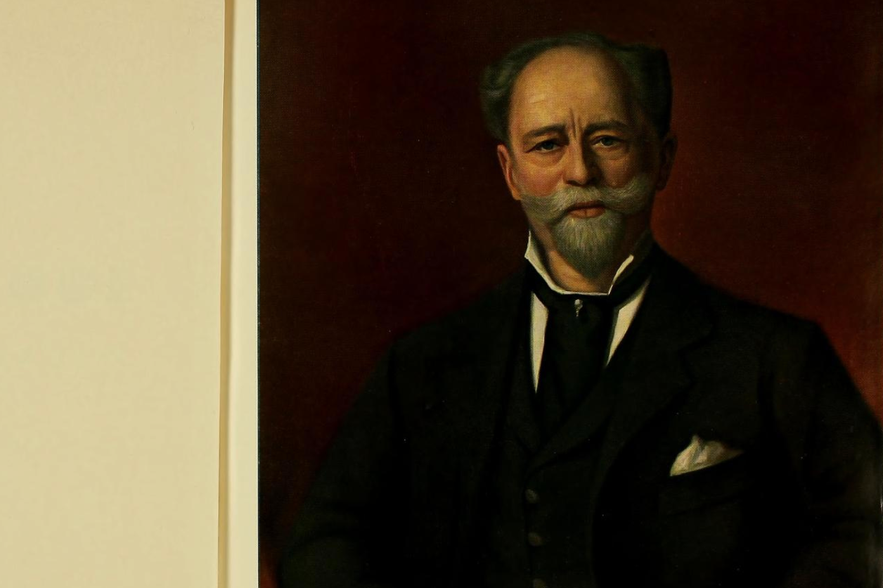The Business of Jewish History
The Story of the Wickrather Lederfabrik

- Date/Time
- –
- Format
- Online
- Admissions
- General: Free
Join LBI to mark the launch of the Leo Baeck Institute's newest virtual exhibition, Business of Emancipation: The German-Jewish struggle for legal equality and economic prosperity, with a lecture from Jonathan Zatlin, historical consultant and text author for the project.
Zatlin's lecture will employ the history of the Wickrather Lederfabrik AG to tell the story of German-Jewish entrepreneurship between 1855 and 1955. The Wickrather’s history began as a rags-to-riches story. The gradual relaxation of legal restrictions on Jewish commercial activity during the nineteenth century made it possible for Zacharias Spier, a journeyman tanner, to transform a small tannery outside of Mönchengladbach into one of Germany’s leading exporters of quality leather goods. Despite racially inflected conflicts with municipal authorities, labor tensions, the disruptions of the First World War, and the economic chaos of the Weimar Republic, the firm continued to prosper under the stewardship of Zacharias’s sons.
All of this changed after 1933, however, as it did for all German Jewish commercial activity. The Spiers were arrested by the Gestapo in 1936 and forced to surrender ownership of the firm; the family members who had fled to the Netherlands together with those remaining in Germany were deported to various concentration camps, where most were murdered. But if the Spier family’s fate is similar to that which befell so many German Jews, the postwar restitution of their company is remarkable for its singularity. Where most German Jews who survived the dictatorship spent years seeking the restitution of their businesses, often in vain, the Spier family recovered their company without delays, conditions, or even lawyers – thanks to Friedrich Carl von Oppenheim of the Bankhaus Sal. Oppenheim, jr.
About the Speaker
Jonathan Zatlin is Associate Professor of History at Boston University, where he has been an active teacher and scholar since 2002. He has written widely on the history of German communism, including Marxist economic theory, Soviet-style economic planning, socialist consumer policy, the East German automobile industry, the treatment of women, popular opinion under communism, the East German secret police, racism in Soviet-style regimes, and the politics of German unification. Zatlin is the author of The Currency of Socialism: Money and Political Culture in East Germany (Cambridge University Press, 2007), which was named a finalist for the President’s Book Award of the Social Science History Association in 2006, and co-edited Selling Modernity: German Advertising in the Twentieth Century (Duke University Press, 2007) with Pamela E. Swett and S. Jonathan Wiesen.
Zatlin’s current research investigates the link between race and economy in modern European history, focusing on the experience of German Jews. He is co-editor with Christoph Kreutzmüller of Dispossession: Plundering German Jewry, 1933–1945 (University of Michigan Press, 2020), which investigates the link between theft and murder in recent German history. He is completing a book entitled Fantasies of Jewish Wealth in Germany, 1790–1990 (under contract with Chicago University Press), which analyzes how economic racism inspires violent assaults on the rights of ownership and citizenship. It aims to provide an alternative account of the Jewish experience in German history by focusing on the economy as a field for the production of violent fantasies about Jews. Through a series of interconnected case studies, it demonstrates that these fantasies did not simply emerge out of an opposition to material reality, but increasingly shaped both economic practice and symbolic understanding of that practice.

